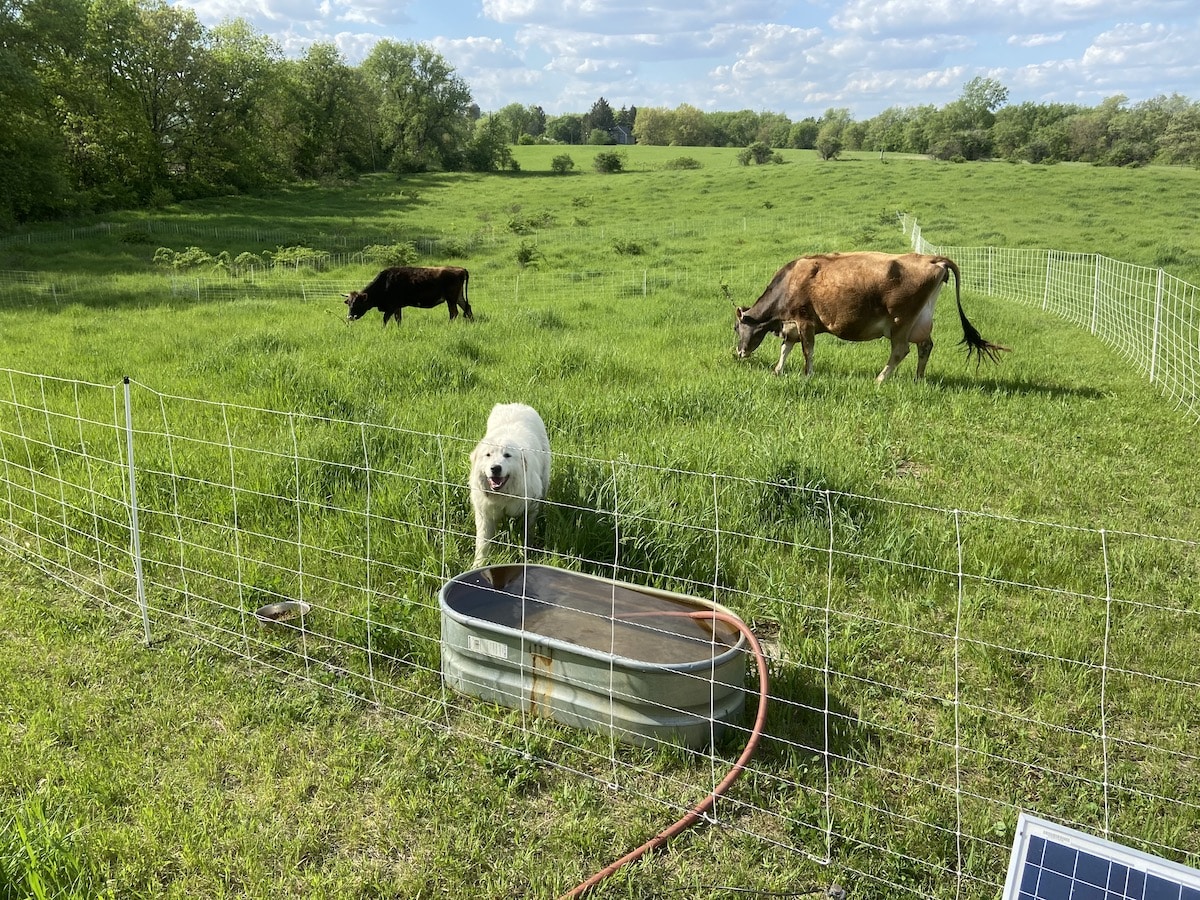Embarking on the journey to establish a 15 acre homestead can be an exciting and rewarding experience. However, understanding the complexities of zoning regulations is essential for successful planning and development. In this article, we will explore the key aspects of zoning for a 15-acre property, providing valuable insights to help you navigate this crucial process.

Understanding Zoning Regulations
Zoning regulations are local laws that dictate how land can be used and developed. These rules ensure that land use is compatible with the surrounding area and supports community goals. For a 15 acre homestead, understanding zoning regulations is critical to avoid legal issues and maximize the potential of your property.
Types of Zoning
There are several types of zoning, including residential, agricultural, commercial, and industrial. Each type has specific rules and restrictions that determine what activities are permitted. For a homestead, agricultural and residential zoning are most relevant. Understanding the distinction between these types of zoning can help you plan your homestead accordingly.
Assessing Your Property
Before diving into zoning regulations, it’s essential to assess the unique characteristics of your 15-acre property. Consider factors such as soil quality, topography, access to water, and proximity to utilities. These elements can influence the type of zoning that is most suitable for your homestead and can impact your long-term plans.
Soil Quality and Topography
Soil quality and topography play a crucial role in determining the viability of agricultural activities on your homestead. Conducting a soil test can provide valuable information about nutrient levels and soil composition, helping you make informed decisions about crop selection and land use.
Permitted Uses and Restrictions
Once you have a clear understanding of your property and its characteristics, it’s time to delve into the specific zoning regulations that apply to your 15-acre homestead. This involves researching permitted uses and restrictions for your property’s zoning classification.
Agricultural Zoning
Agricultural zoning typically allows for a range of farming and livestock activities. However, there may be restrictions on the types of animals you can raise, building sizes, and other factors that could impact your homestead plans. Reviewing these regulations can help you avoid potential conflicts with local authorities.
Residential Zoning Considerations
If your property is zoned for residential use, there may be limitations on agricultural activities. Understanding these restrictions is crucial to ensure compliance and avoid legal issues. Additionally, residential zoning may include rules about building setbacks, lot sizes, and other factors that influence property development.
Building Codes and Permits
In addition to zoning regulations, building codes and permits are essential considerations when developing your homestead. These codes ensure that structures are safe and meet local standards. Before constructing any buildings or making significant changes to your property, it’s important to obtain the necessary permits and adhere to building codes.
Working with Local Authorities
Establishing a positive relationship with local authorities can be beneficial when navigating zoning regulations and obtaining permits. Engaging with local planning officials and attending community meetings can provide valuable insights into the zoning process and help you advocate for your homestead plans.
Seeking Professional Advice
For complex zoning issues or significant development projects, seeking professional advice from a land use attorney or planner can be invaluable. These experts can provide guidance on navigating zoning regulations, securing permits, and ensuring compliance with local laws.
Adapting to Changes in Zoning
Zoning regulations are not static and can change over time. Staying informed about potential changes to zoning laws in your area is essential to ensure that your homestead remains compliant and viable for the long term. Engaging with local planning processes can help you stay ahead of any changes that may impact your property.
Conclusion
Understanding zoning for 15 acre homestead is a critical step in planning and developing your property. By familiarizing yourself with zoning regulations, assessing your property’s characteristics, and engaging with local authorities, you can create a sustainable and successful homestead that aligns with your goals and dreams.
For more information on homesteading and zoning regulations, consider visiting Mother Earth News.

FAQs
What is the importance of zoning for a 15-acre homestead?
Zoning regulations determine how land can be used and developed, ensuring compatibility with the surrounding area and supporting community goals. Understanding these regulations is crucial for successful planning and development of a homestead.
How can I find out the zoning classification of my property?
You can find your property’s zoning classification by contacting your local planning department or checking zoning maps available on your municipality’s website.
Are there any resources available to help navigate zoning regulations?
Yes, resources such as local planning departments, land use attorneys, and online guides can provide valuable information and guidance on navigating zoning regulations for your 15-acre homestead.






